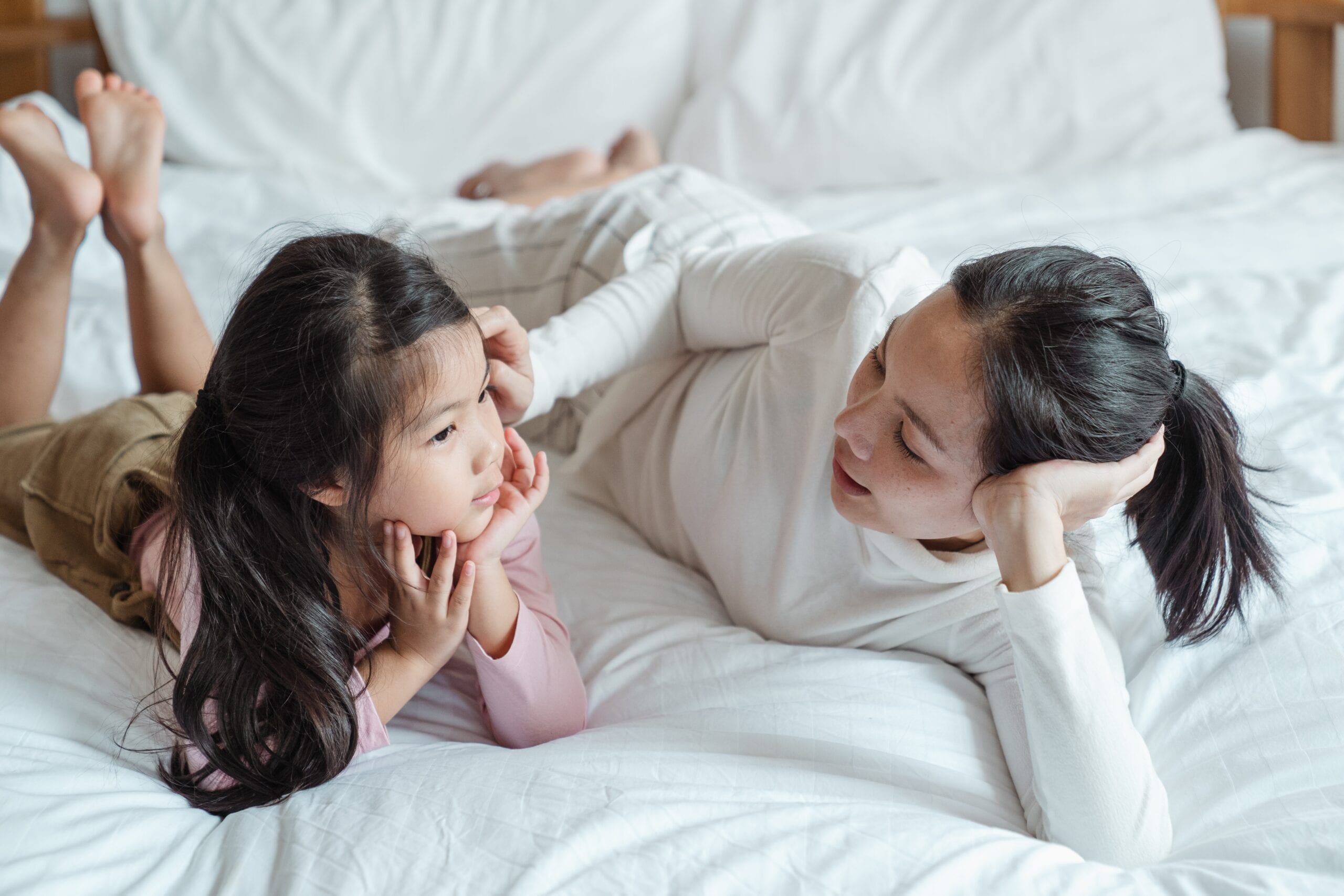Death is one of the most important truths in this world, and to withhold it from children is not going to help, no matter how pure the intention. Then again, kids understand death and grieve differently than adults, so it takes the right approach to make sure the conversation benefits them instead of introducing a whole new set of challenges to their well-being, such as unexplained guilt, fears or anxiety.
When talking to a child about the death of a loved one, it is important to take enough time and care, especially while keeping the following in mind:
The Child’s Readiness
A child’s stage of development will often affect how death and talking about it affects them. Kids will generally grieve in episodes because of their inability to process intense emotions all at once. This is why they may be hysterical one minute and playful the next. Children under the age of 6 may forget a loved one has died, repeatedly ask questions, regress in behaviours, and have magical thinking, for example – “I told my dog she was bad, that’s why she died”. By the age of 6 to 11, they may understand the meaning and permanence of death, ask more relevant questions about the entire process, and worry about other loved ones dying. Adolescents, with their default egocentrism, may act like they don’t care enough, but that doesn’t mean they aren’t affected. They may, however, turn more to their friends than family for comfort.
Honesty and Clarity
Children are more sensitive than most adults believe. They know when something’s wrong or when people are sad or stressed. Therefore, adults should talk to them as honestly and clearly as possible, using plain and straightforward language. Sugarcoating death or using vague scenarios to drive a point – for example, “mommy is now living up in the clouds” – can only cause confusion and make it harder for the kids to cope. Adults may find difficulty explaining death honestly and clearly due to their own emotions, or they may worry that their child will have emotions they are unable to respond effectively to. But by being direct and to the point, the adult starts the child early on accepting the death, managing its impact, and grieving well over their lifetime.
A Listening Ear
When children learn of a death, especially for the first time, they typically ask all kinds of questions. They may not show outward signs of emotion, as their curiosity will usually push them to know more. In many cases this is simply their way of taking the experience in, and adults must take time to listen patiently and answer every question truthfully, but still in a way that is appropriate for their age. If kids have stories to tell about the deceased, a willing audience can make it easier for them to deal with their feelings, whether or not they are aware of having them. Older children and adolescents can be invited to share their feelings regularly, though respect their privacy if they choose not to.
Reassurance
Some children may blame themselves for a loved one’s death, typically when it is someone who is was close to them. When this happens, adults should be quick to explain what occurred, for example – “mom or dad stopped breathing” – to assure them that it wasn’t their fault. They may need an extra dose of patience as they attempt to bring in new information with their current developmental understanding, but it’s always worth giving them reassurance on their safety and the safety of others. After all, these are young minds with limited experience and capacity to understand what’s going on. Maintain regular routines for younger children as much as possible and help older children and adolescents to maintain or create new routines that satisfy their sense of control.
Outside Intervention
Lastly, an adult aiding a child through a loss must try not to be overwhelmed, especially as others are likely happy to pitch in their own efforts. Friends, relatives, schoolteachers – there are many a helping hand waiting to be called upon. There are even child bereavement professionals and Psychologists who are well-trained for the task. In any case, it’s okay to take things slow and be there for a child all the way without being overtaken by one’s own own grief and emotions.
Life is full of surprises, and while the world knows the certainty of death, it doesn’t make it any less painful. The hardest part is helping children come to terms. By assessing the young person’s readiness, maintaining honesty and using basic language, lending an ear, providing reassurance, and seeking others’ support when necessary, talking to a child about death can make the road to healing shorter and smoother for everyone.




